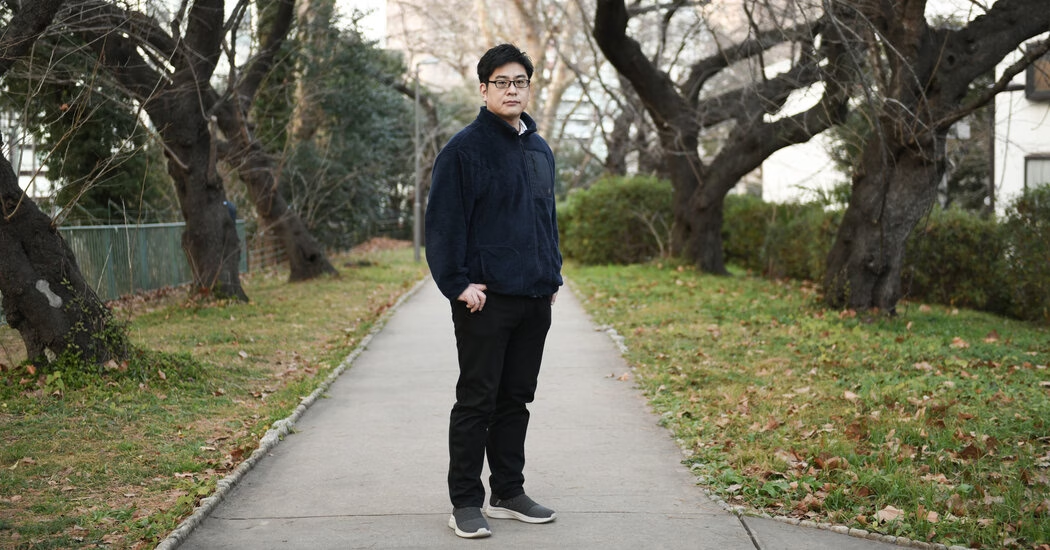Makoto Watanabe, a former journalist at one of Japan’s leading newspapers, experienced a pivotal moment in his career when his employer retracted an investigative report about the Fukushima nuclear disaster. The article, which alleged that workers had fled the plant against the manager’s orders, was criticized by other media and supporters of the government. After initially standing by the story, the Asahi Shimbun retracted it during a press conference, leading Watanabe to quit his job and establish Japan’s first nonprofit organization dedicated to investigative journalism.
Eight years after its founding, Tokyo Investigative Newsroom Tansa remains a small operation, with a staff of two full-time reporters and a few volunteers and interns. However, the organization has made a significant impact, exposing decades of forced sterilizations of mentally disabled people and prompting the government to apologize and offer compensation to victims. Tansa has also signed a deal with Japan’s public broadcaster, NHK, to use some of its content.
The nonprofit, which relies entirely on donations and private grants for funding, has seen an increase in the number of readers supporting it through monthly contributions. Watanabe plans to hire two new journalists this spring, including one from another major newspaper. He believes that people are recognizing Tansa’s commitment to different type of journalism.
The reporters at Tansa are drawn to the opportunity to conduct independent journalism and highlight voices ignored by the mainstream press. Mariko Tsuji, a reporter who left a prominent magazine to join Tansa, explains that the organization starts stories by asking, “Who is hurt by this?” This approach aligns with Watanabe’s experience in middle school, where he stopped bullying by writing about the harm it caused. He believes that words have the power to bring change.
Watanabe’s passion for challenging official narratives developed through his experience working at the Asahi Shimbun. He exposed vote buying in rural areas and failures by air traffic controllers, but encountered resistance within the newspaper. In 2014, the Asahi retracted the Fukushima article and disbanded the investigative group.
Watanabe established Tansa with another former Asahi reporter as a nonprofit to demonstrate autonomy from both corporate sponsors and the political establishment. The organization has since published numerous deeply reported investigations that are not typically seen in mainstream media. Tansa is gaining recognition both domestically and internationally, as the only investigative nonprofit from Japan in the Global Investigative Journalism Network.
William Horsley, international director of the Centre for Freedom of the Media at the University of Sheffield, praises Tansa for filling the gap left by established media in Japan that do not give space to other narratives.
Despite facing an increasingly hostile environment, including rising right-wing populism and media-bashing politicians, Watanabe remains committed to the importance of a media outlet that will not surrender.
Source: https://www.nytimes.com/2025/03/14/world/asia/japan-journalist.html





